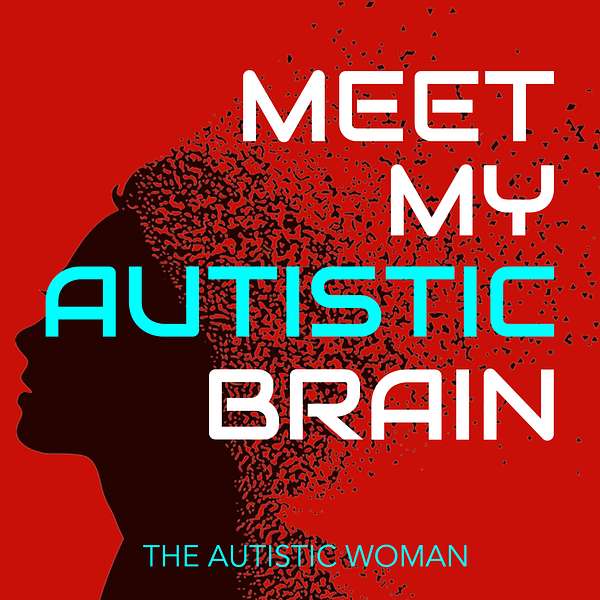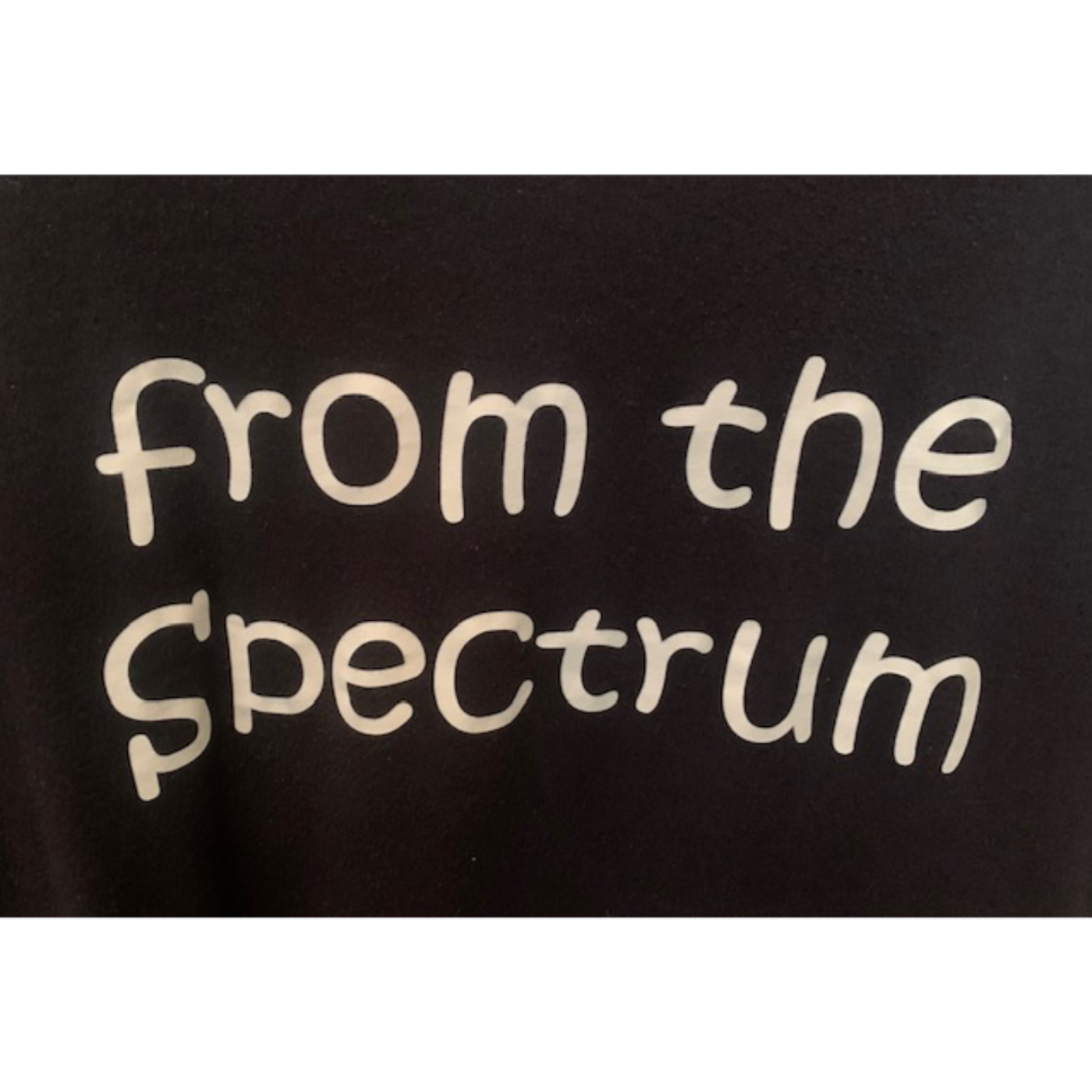
Meet My Autistic Brain
What is it like to find out late in life that you are autistic? The Autistic Woman talks about life experiences and how autistic traits affect her as an adult. You'll hear personal stories, opinions about research and the importance of autistic voices. Includes some fun stuff too and interviews of autistic guests! This podcast is primarily for adult autistics and their family and friends. It's one of the top 0.5% most popular shows globally as ranked by Listen Score with more than 1,000,000 downloads.
Meet My Autistic Brain
Aphantasia and Visualization
Some autistics think in pictures and some others may not be able to visualize images. It’s called aphantasia and it’s still being studied to understand whether it’s connected to autism. Learn more here.
Link to aphantasia questionnaire: https://aphantasia.com/study/vviq/
Sunsama free trial: https://try.sunsama.com/xi4blkokndgk
RATED IN THE TOP 0.5% GLOBALLY with more than 1,000,000 downloads!
If you are an autistic person who has written a book about autism or if you have a guest suggestion email me at info@theautisticwoman.com.
Instagram
Ko-fi, PayPal, Patreon
Linktree
Email: info@theautisticwoman.com
Website
Aphantasia
Welcome to Meet My Autistic Brain. I’m your host, The Autistic Woman™. I discovered autism late in life and in this podcast I share my experiences and challenges so you can learn what it’s like to be autistic.
Visualization and Aphantasia
At one time in my life my job was to review building and landscape plans for compliance with city codes. It involved measuring areas to determine whether they met the standards for the amount and variety of landscape plants for commercial buildings. Fortunately for me it was all on paper.
I say that because I have always struggled with visualizing certain things. I can’t look at a plan and even imagine what the building or landscape will look like. I can’t see a paint color and know what it will look like on the wall. It doesn’t matter how many plans I’ve reviewed or how many paint colors I’ve seen, I can’t do it.
You may think that applies to everyone but in my experience it doesn’t. I am in awe of those who can do that like architects and engineers and many others who aren’t necessarily professionals.
I’m not real good with maps which may be in part why I prefer using a visual landmark that doesn’t require imagination but memorization. Like turn left at the big tree or take a right at the first driveway after the light. I love Google street view so I can see ahead of time what the streets and building I’m going to will look like.
Visualization is on a spectrum. I have a friend who still uses GPS to drive to my house from his even though he’s been there literally hundreds of times. What he sees as he drives does not stick with him so he can’t visualize the drive.
At an extreme end of the visualization spectrum is aphantasia, a condition in which people cannot visualize images in their mind. I don’t have aphantasia because I am a visual thinker. In my case I can’t help but think in pictures except in certain areas as I described.
Aphantasia is a relatively new condition, and it is still not fully understood. It is thought to be caused by a difference in the way that the brain processes visual information. A person may have the same visual experiences as other people but they don’t create mental images of them.
A person with aphantasia is likely to have prosopagnosia aka face blindness. They also may not be able to remember the past or imagine the future. Aphantasia can affect the ability to dream. While some will only dream in words others have vivid dreams. Dreaming involves a different part of the brain, which aphantasia may or may not affect.
Some studies show a higher incidence of aphantasia in autistic adults and adults who have autistic traits. More study is needed.
Some people are born with aphantasia. Some acquire it through traumatic incidents or brain injury. It affects about 2% of the population so there are millions of people around the world who have it. Many people with aphantasia are unaware of it because they assume that everyone else thinks the same way they do.
Scientists aren’t sure what how or why the brain processes visual information differently in aphantasia.
They are studying the role of the visual cortex which is the part of the brain that processes what our eyes see. Research is ongoing.
People with aphantasia may be unable to conjure a clear image of a family member. It can affect their ability to remember or recall. Many know they are thinking of the object but can’t picture it. It may be hard understanding metaphors that rely on visual imagery. They may have trouble following directions that involve visual information.
There is no specific test for aphantasia. There are questionnaires used to assess a person's ability to visualize. I’ll put a link to one in the show notes.
There is no cure for aphantasia because it’s not a disease. There are things that a person can do to cope including practicing mindfulness and meditation, relying on other senses, such as touch and hearing, using memory aids or mnemonic devices like songs, acronyms, rhymes etc. You may remember the alphabet song if you learned it as a kid.
An autistic person may be more likely to have aphantasia but more research is needed to be sure. Many autistics are visual thinkers and don’t have aphantasia. There is still research that needs to be done to understand aphantasia and its connection, if any, to autism.
Thank you for listening. Please check the show notes for how you can support the show on Ko-Fi, PayPal and Patreon. Contact me with your feedback or questions at info@theautisticwoman.com. I love hearing from you!
Tell your friends and family about the podcast so they can learn what it’s like to be autistic. Take a minute and rate the show 5 stars wherever you listen. I appreciate you.
This has been Meet My Autistic Brain. I’m the Autistic Woman™. Slava Ukraine!
Podcasts we love
Check out these other fine podcasts recommended by us, not an algorithm.

Atypical: The Podcast
The Atypical Crew

